The Ghurian conquest of north India towards the close of the twelfth century led to the introduction of Sultanate polity which had evolved in Central Asia. This in turn led to important changes in the country's cultural and administrative systems. The job opportunities created by the Sultanate attracted people of talent and learning who emigrated from the neighbouring countries and settled in different towns and cities. The mingling of people belonging to different countries and settled in different towns and cities. The mingling of people belonging to different countries and traditions galvanized the process of synthesis that provided variety and richness to life. The close relationship between the royal court and the landed aristocracy resulted in the development of the culture of shared values which came to be known as India's composite culture. As no serious attention has so far been paid to the study of institutions, rituals and traditions associated with the Sultanate polity, an attempt has been made in this volume to study in details the nature of the Sultanate polity and its impact on medieval Indian society. Using source material hitherto unknown the work analyses the patterns of political behaviour of successive Sultans. It also studies the socio-economic changes and the impact of urbanization on the life and culture of the period. A number of historiographic errors found in modern works have been corrected. The work reveals author's familiarity with an impressive array of sources used and offers a paradigm shift from conventional historiography.
Authority and Kingship under the Sultans of Delhi (Thirteenth-Fourteenth Centuries)
In stock
Free & Quick Delivery Worldwide
reviews
Bibliographic information
Title
Authority and Kingship under the Sultans of Delhi (Thirteenth-Fourteenth Centuries)
Author
Edition
1st ed.
Publisher
ISBN
8173046883, 9788173046889
Length
322p., Notes; Bibliography; Index; 23cm.
Subjects

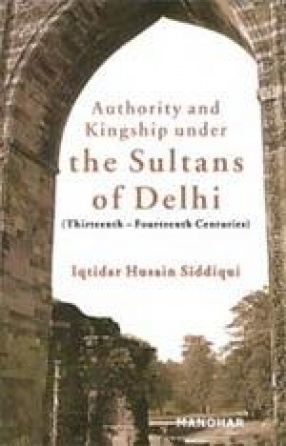
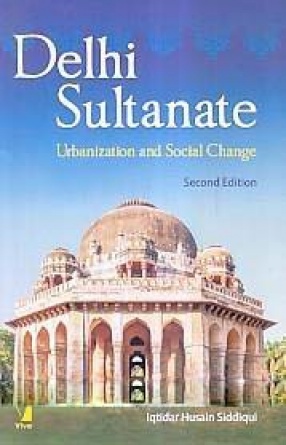
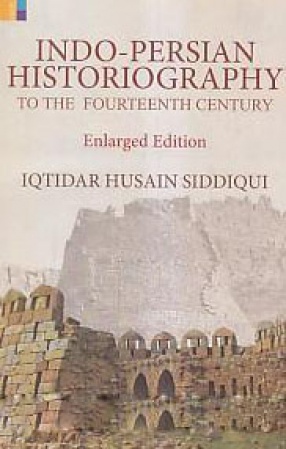
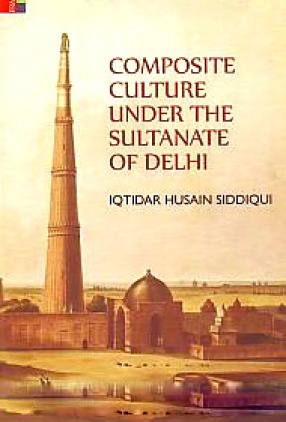
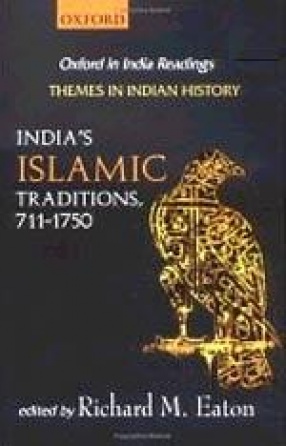

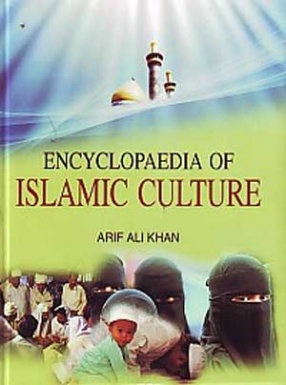
There are no reviews yet.